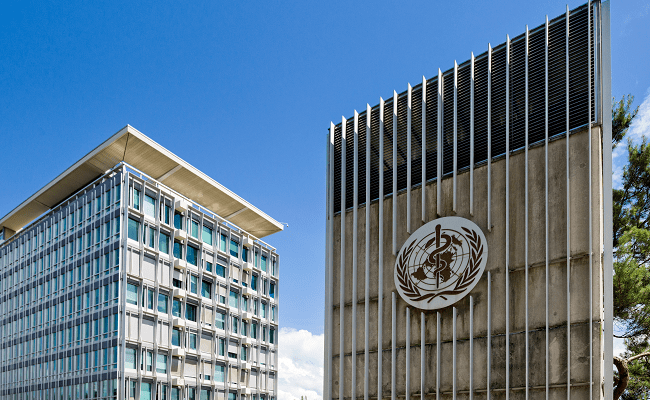|
Getting your Trinity Audio player ready...
|
Writes Marlvin Ngiza
The United Nations (UN) has called upon nations to put greater attention to the challenges faced by older people across the globe through promoting and protecting their human rights among other measures.
In a message to mark the annual World Elder Abuse Awareness Day (WEAAD) which was observed on 15 June under the theme, Addressing Gender-Based Violence (GBV) in Older Age – Policy, Law and Evidence-based Responses, the UN predicted a surge in the number of older people by 38 percent from 1 billion to 1.4 billion globally, a situation which was believed to see elder abuse cases rising.
The abuse of old people is a problem in both developed and developing countries, with the UN highlighting the need for approaches to define, detect and address elder abuse to be placed within a cultural context.
“Approaches to define, detect and address elder abuse need to be placed within a cultural context and considered alongside culturally specific risk factors.For example, in some traditional societies, older widows are subjected to forced marriages while in others, isolated older women are accused of witchcraft. From a health and social perspective, unless both primary health care and social service sectors are well equipped to identify and deal with the problem, elder abuse will continue to be underdiagnosed and overlooked, ” the UN said.
According to World Health Organisation’s (WHO) fact sheets, elder abuse was high in nursing homes and long-term health care facilities.
Elder abuse was said to have increased during the COVID-19 pandemic period and has been feared to trigger long-term psychological effects on the victims.
“Around 1 in 6 people 60 years and older experienced some form of abuse in community settings during the past year. Rates of elder abuse are high in institutions such as nursing homes and long-term care facilities, with 2 in 3 staff reporting that they have committed abuse in the past year. Rates of elder abuse have increased during the COVID-19 pandemic. Elder abuse can lead to serious physical injuries and long-term psychological consequences, ” said WHO.
Meanwhile, human rights officer Yeukai Dzumbira revealed that social development was only achievable through the appreciation of every age group and population in the community.
She further said that communities should uphold the concept of Ubuntu, and unite to ensure that the elderly get integral support.
“Being an elderly person does not mean one is no longer useful to the community. These elderly people played their part whilst they were youths, they deserve to be appreciated, and they deserve a good life, care, and a family for a sense of belonging. Let’s embrace our ubuntu and social responsibility to take care of our elderly people and ensure that they receive integrated support in a holistic manner through appropriate referral pathways.
“Social development can only be achieved if we appreciate each and every population group in our society, so the same way we prioritise children is the way we should to the elderly, “said Dzumbira.
The World Health Organization has already launched the Combatting Ageism Campaign which aimed to change the narrative around age and ageing and help create a world for all ages.
The global population of people aged 60 years and older will more than double, from 900 million in 2015 to about 2 billion in 2050, according to WHO fact sheets.
This year’s WEAAD commemorations were characterised by panel presentations of overall trends of violence against older persons, highlighting gaps and challenges of implementing the objectives in the Madrid International Plan of Action on Ageing. Expert panelists also presented five priorities to combat violence against older persons in the Decade of Healthy Ageing (2021-2030).






